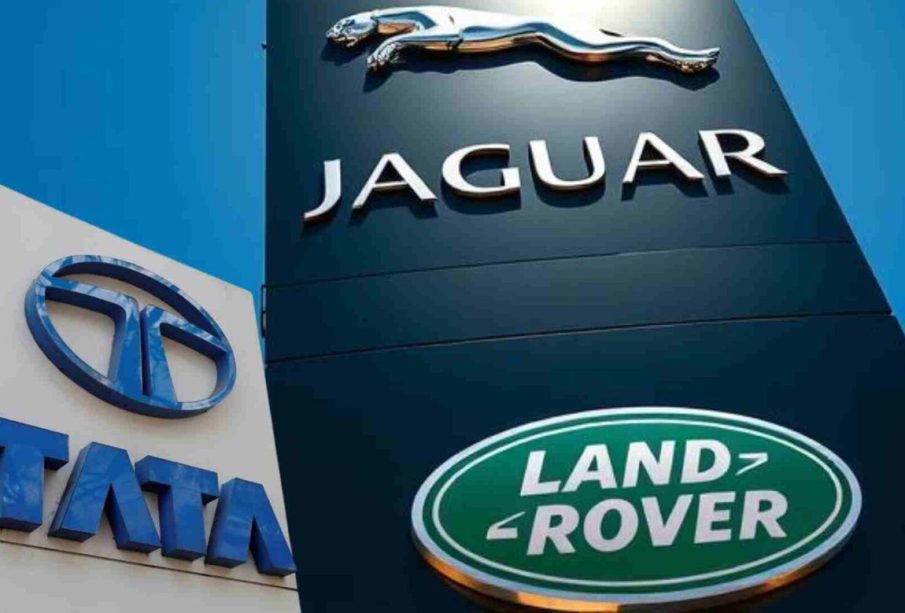Tata Motors JLR Cyberattack: What You Need to Know

Introduction
The recent cyberattack on Tata Motors’ Jaguar Land Rover (JLR) has highlighted the increasing vulnerabilities faced by companies in the automotive sector. As technology continues to evolve and integrate into vehicles, the potential for cyber threats increases exponentially. This incident not only raises concerns about the safety of data and operations within Tata Motors but also poses a broader warning to the automotive industry regarding cybersecurity preparedness.
Details of the Cyberattack
In early October 2023, reports emerged that Tata Motors’ JLR division experienced a significant cyberattack that disrupted operations across several plants. Initial assessments suggest that the attack was orchestrated by a sophisticated group of cybercriminals aiming to extract sensitive information related to manufacturing processes and customer data. The company has confirmed that it took immediate action to mitigate the impact, including shutting down affected IT systems and initiating a thorough investigation.
Company Response and Impact
In response to the cyberattack, Tata Motors has engaged cybersecurity experts to assess the full scale of the breach and to restore systems to normal operations. While the exact extent of the data compromised remains unclear, Tata Motors has assured customers that their personal data is secure. However, the incident has raised alarms within the industry about the need for enhanced cybersecurity measures.
The disruption caused by the attack has also led to delays in vehicle production and distribution, with some models facing significant backorders. Industry analysts predict that this incident may affect the company’s revenue in the short term, while also emphasizing the critical need for rapid advancements in cybersecurity protocols in the automotive sector.
Conclusion
The cyberattack on Tata Motors’ JLR is a stark reminder that as the automotive industry grows more connected, so too do the risks associated with cyber threats. As automakers increasingly rely on digital technology to enhance vehicle functionality, the need for robust cybersecurity frameworks becomes paramount. Moving forward, Tata Motors and other companies in the automotive sector will need to prioritize cybersecurity investments to protect their data integrity and maintain consumer trust in an increasingly digital age.









